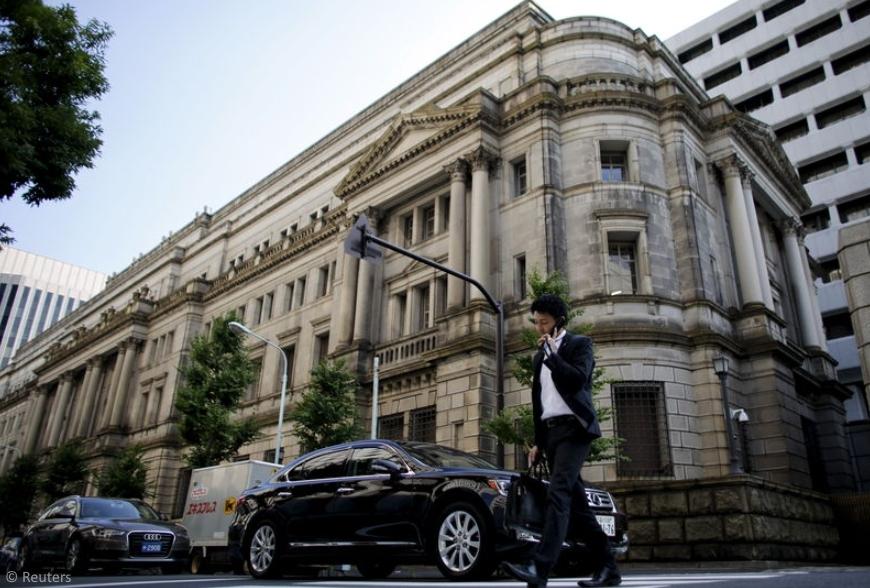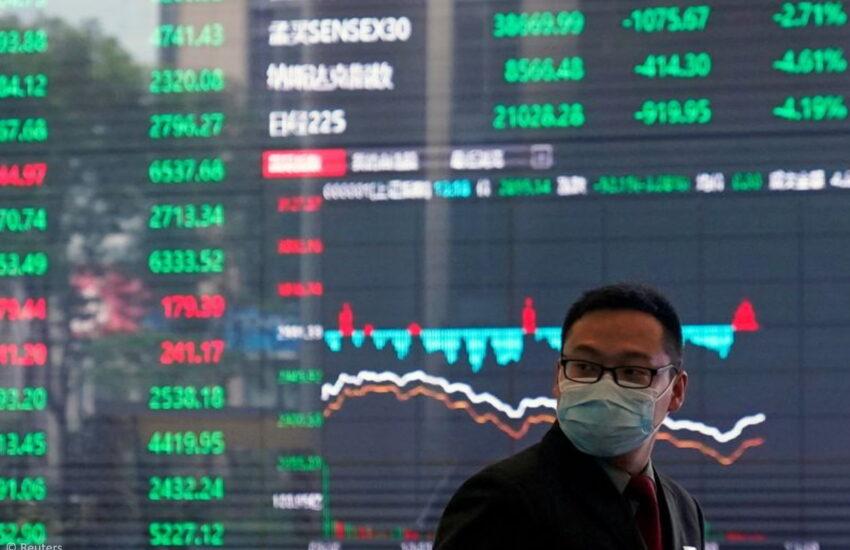Bank of Japan won’t change key parameters of monetary policy – analysts
The Bank of Japan will not change the key parameters of monetary policy following the meeting on September 21-22, despite the rise in inflation in the country, experts believe. As expected, he will leave the short-term interest rate on deposits of commercial banks in the Central Bank at minus 0.1% per annum, the target yield on ten-year government bonds – about zero.
The Japanese central bank’s push to maintain an ultra-loose monetary policy runs counter to the actions of other global central banks, including the Federal Reserve System (FRS), the European Central Bank (ECB) and the Bank of England, which are rapidly raising key interest rates.
The divergence in the monetary policy of the Bank of Japan and the Fed contributed to the fall of the yen to a 24-year low against the US dollar, which led to a jump in the cost of imports and some increase in inflation.
Consumer prices in Japan increased by 3% in August compared to the same month a year earlier, the country’s Ministry of Internal Affairs and Communications said the day before. Inflation accelerated from 2.6% in July and reached its highest level since September 2014.
“Market participants are looking at the situation from two angles: they support the policy of the Bank of Japan, but also see many reasons for changing it,” said an analyst at Mitsubishi UFJ Morgan Stanley (NYSE:MS) Securities Co. in Tokyo, Keisuke Tsuruta.
“This creates uncertainty and contributes to the deterioration of the situation with liquidity in the public debt market,” Bloomberg quoted the expert as saying.
On Wednesday, the Bank of Japan announced unscheduled operations in the government bond market in order to curb the growth of government bond yields. The Central Bank announced its readiness to buy bonds with maturities of five to ten years worth 150 billion yen ($1.04 billion) and government bonds with maturities of 10-25 years worth 100 billion yen.
This was in addition to the day-to-day operations of the Bank of Japan, in which it buys unlimited 10-year bonds on the market. On Tuesday, the volume of repurchase of securities in these transactions reached the maximum since June, 836 billion yen, the Financial Times newspaper notes.
The yield on ten-year Japanese government bonds on Wednesday is at the level of 2.49% per annum, that is, near the upper limit of the acceptable range of rate fluctuations (from minus 0.25% to 0.25%). Some traders believe that the Japanese Central Bank may decide to slightly expand this range at the September meeting.




